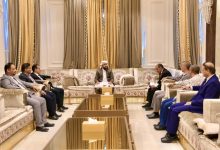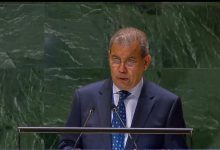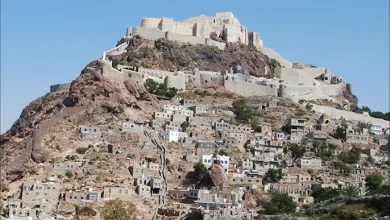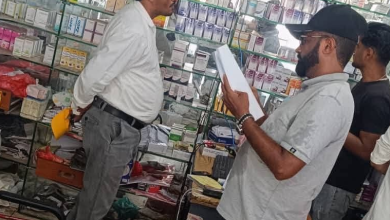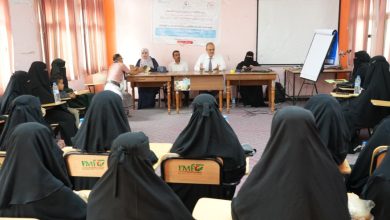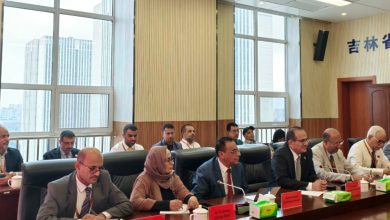The Minister of Information reports that the Houthi militia has amassed over $103 billion from a parallel economy since its coup, funding war and undermining the national economy.
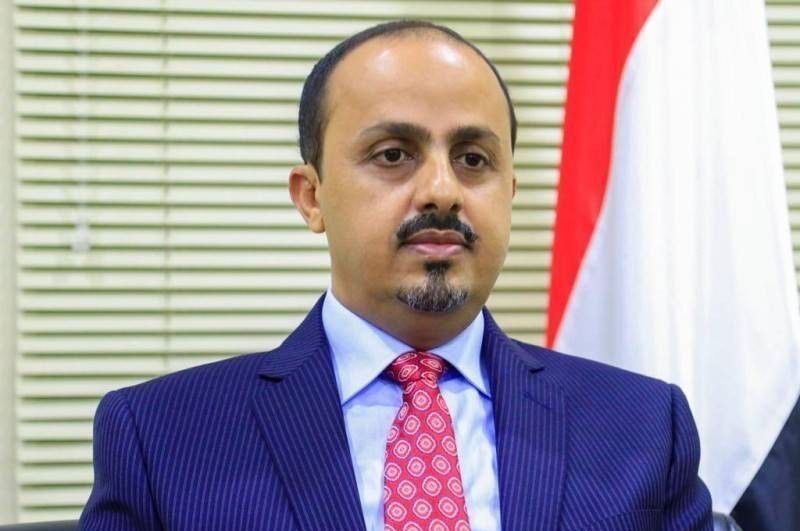
Houthi Militias Accumulate Over $103 Billion Since Coup, Claims Yemeni Minister
Minister’s Statement on Financial Gains
Yemeni Minister of Information, Culture, and Tourism, Muammar Al-Eryani, recently stated that the Iranian-backed Houthi militias have amassed significant financial resources since their coup against the Yemeni government. He emphasized that these funds come from various economic, financial, and service sectors under their control.
Documented Evidence of Economic Exploitation
In a press statement, Al-Eryani highlighted a series titled “Parallel Economy,” published over the past two weeks. This series provides documented evidence showing that the Houthis have seized more than $103 billion. Instead of using these funds to pay salaries or improve essential services, the militias have redirected them to finance their war against the Yemeni people, exacerbating the country’s economic decline. The lack of transparency has allowed Houthi leaders to enrich themselves at the expense of millions of citizens facing dire humanitarian conditions.
Impact on Poverty and Basic Services
The minister pointed out that these figures are based on reliable reports from international organizations and oversight bodies, along with economic data and expert testimonies. He warned that the continuation of this parallel economy enables the Houthis to sustain their war efforts, prolong the conflict, and threaten regional security. This situation has led to soaring poverty rates, a decline in purchasing power, skyrocketing food and medicine prices, and the collapse of essential services, making Yemen one of the world’s worst humanitarian crises.
Call for Community Awareness and International Action
Al-Eryani asserted that the findings from the series demonstrate that the Houthi militias do not represent a national project but rather a “systematic looting project” that undermines the livelihoods of Yemenis and jeopardizes future generations. He urged the community to reject illegal extortion and uphold citizens’ rights to wealth and services, cautioning against being misled by slogans that mask corruption and warfare.
Iranian Expansionism and Global Responsibility
Furthermore, Al-Eryani stated that the Houthi parallel economy is integral to Iran’s expansionist agenda, which aims to control maritime routes and destabilize regional and international security. He called for a collective responsibility from the international community to confront this issue.
Urgent Need for Financial Oversight
The minister urged international bodies, financial oversight agencies, and organizations combating terrorism financing to take concrete steps to cut off the Houthis’ funding sources. He advocated for strict monitoring of the resources controlled by the militia and the imposition of sanctions on their economic networks, holding accountable those involved in looting, smuggling, and money laundering.
Conclusion: Uncovering a Systematic Economic Collapse
In conclusion, Al-Eryani emphasized that the series has unveiled a comprehensive economic system designed to dismantle the state and private sector while exploiting citizens’ funds to finance war efforts. He reaffirmed the commitment to continue documenting and dismantling this system, revealing how the militia has transformed state institutions into tools for Iran’s expansionist project, ultimately targeting all Yemenis.
To follow the news in Arabic
